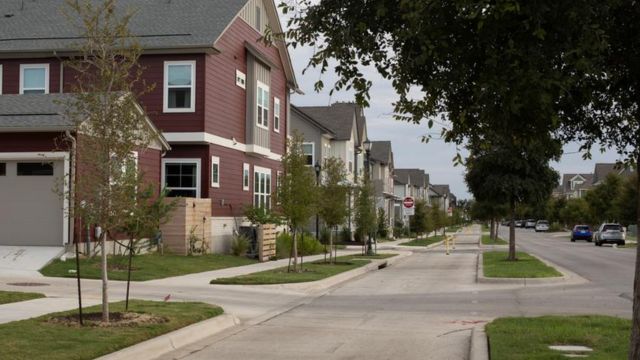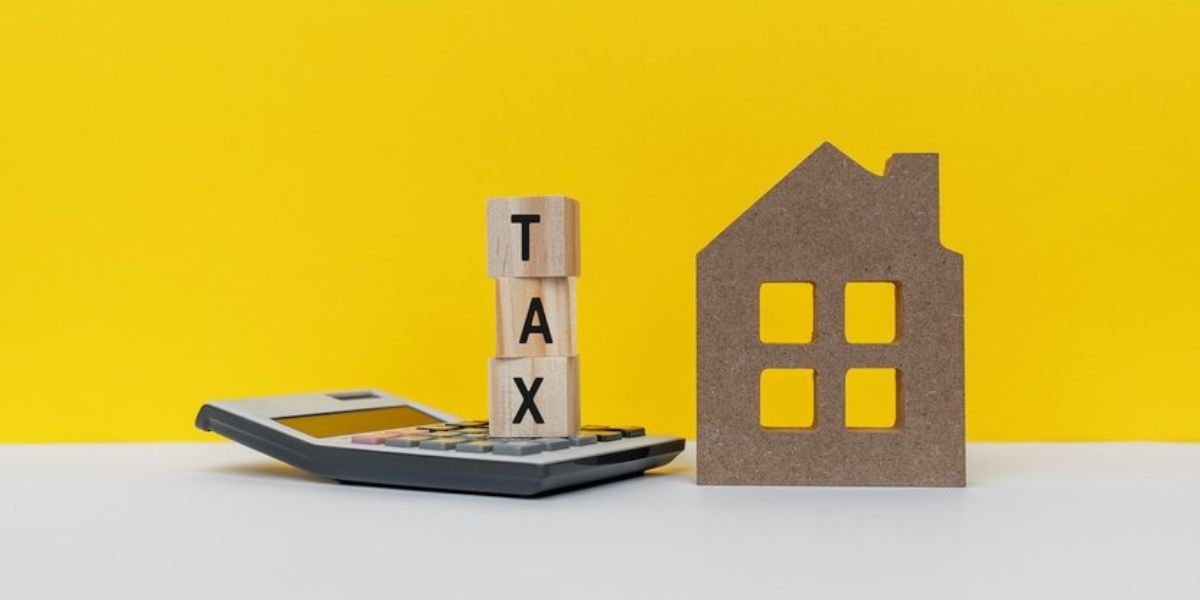MJP –
Texas homebuyers are grappling with some of the highest property tax rates in the nation, as a new report from Redfin reveals that property tax bills have increased since 2019 in nearly every major U.S. metro area.
While states like New York and New Jersey hold the title for the highest median property taxes, with Nassau County, NY, topping the list at $905 per month, Texas cities such as Austin are also feeling the pinch.
In Austin, the effective property tax rate stands at 1.8%, making property taxes a significant burden for residents, accounting for about 20% of the median housing bill.
Other Texas cities are not far behind, with San Antonio, Houston, and Fort Worth each reporting property taxes that constitute 19% of monthly housing payments.
This stark contrast is evident when compared to lower property tax rates in the Sun Belt states, where effective tax rates drop below 0.5% in cities like Nashville, Phoenix, and Las Vegas.
Despite nationwide trends showing that the typical U.S. homebuyer spends about 4% of their income on property taxes, the share is notably higher for Texans.

In Austin, buyers allocate around 8% of their income to property taxes, while Newark, NJ, and New Brunswick, NJ, follow closely with 9% and 7%, respectively.
As the Lone Star State continues to attract newcomers with its booming job market and relatively affordable housing, many homebuyers are discovering a less pleasant surprise upon purchasing property: some of the highest property tax rates in the nation.
A recent report highlights this trend, shedding light on the implications for Texas homeowners and potential buyers.
Understanding Texas Property Taxes
Texas is one of the few states in the U.S. that does not levy a state income tax. Instead, local governments rely heavily on property taxes to fund essential services such as public education, infrastructure, and public safety. This reliance on property taxes means that homeowners often bear the brunt of funding local governments.
As of 2023, Texas property tax rates can range widely, with some areas exceeding 3% of a property’s assessed value. According to the Texas Comptroller’s Office, the average effective property tax rate in Texas hovers around 1.81%, which is significantly higher than the national average of about 1.1%.
The Shock for New Homebuyers
Upcoming! Wisconsin’s Ghost Driving Costs: 5 Tax Implications You Shouldn’t Overlook
For many new residents, the sticker shock of property taxes can be daunting. Buyers moving from states with lower tax rates may be unprepared for the high tax bills associated with their new homes.
For example, a home purchased for $300,000 in Texas could incur property taxes of approximately $5,430 annually, based on the average rate. In contrast, the same home in a state with a 1% tax rate would cost just $3,000 in property taxes.
Case Study: Austin and Houston
Cities like Austin and Houston exemplify the challenges many homebuyers face. In Austin, property taxes have soared alongside rapid population growth and housing demand.
A recent study found that Austin’s property tax rate is around 2.23%, significantly impacting the affordability of homes in the area. Similarly, Houston’s property tax rate averages about 2.38%, driven by the need to support extensive public services for its large population.
Implications for Homeowners
- Budgeting Challenges: For new homeowners, high property taxes can complicate budgeting and long-term financial planning. Many may find that their monthly mortgage payments are much higher than anticipated when factoring in property taxes.
- Impact on Housing Affordability: The rising property tax burden can make housing less affordable, particularly for first-time buyers. As taxes increase, potential buyers may be forced to lower their budget or consider homes in less desirable areas.
- Pressure on Local Governments: The heavy reliance on property taxes can create pressure on local governments to maintain services while also addressing concerns from residents about affordability. This can lead to discussions about tax reform and potential solutions to balance funding needs with residents’ financial capabilities.
What Buyers Can Do
For prospective homebuyers in Texas, being informed about property tax rates and their implications is crucial. Here are some steps to consider:
Tax Hacks You Need: 12 Expert Tips to Potentially Save $5,000 on Your Income Tax
- Research Local Tax Rates: Before purchasing a home, buyers should research the property tax rates in different counties and cities to understand the potential financial impact.
- Utilize Property Tax Exemptions: Texas offers several exemptions, including the homestead exemption, which can reduce the taxable value of a primary residence. Homeowners should explore eligibility for these exemptions to lower their tax bills.
- Consult with Professionals: Working with a local real estate agent or financial advisor can help buyers navigate the complexities of the Texas housing market and property tax implications.
Conclusion
While Texas continues to be a desirable destination for many due to its economic opportunities and lifestyle, the reality of high property tax rates cannot be overlooked.
As homebuyers embark on their journey in the Lone Star State, understanding and planning for these taxes is essential.
By being informed and proactive, prospective homeowners can better navigate the challenges of property ownership in Texas, ensuring that their investment aligns with their long-term financial goals.




